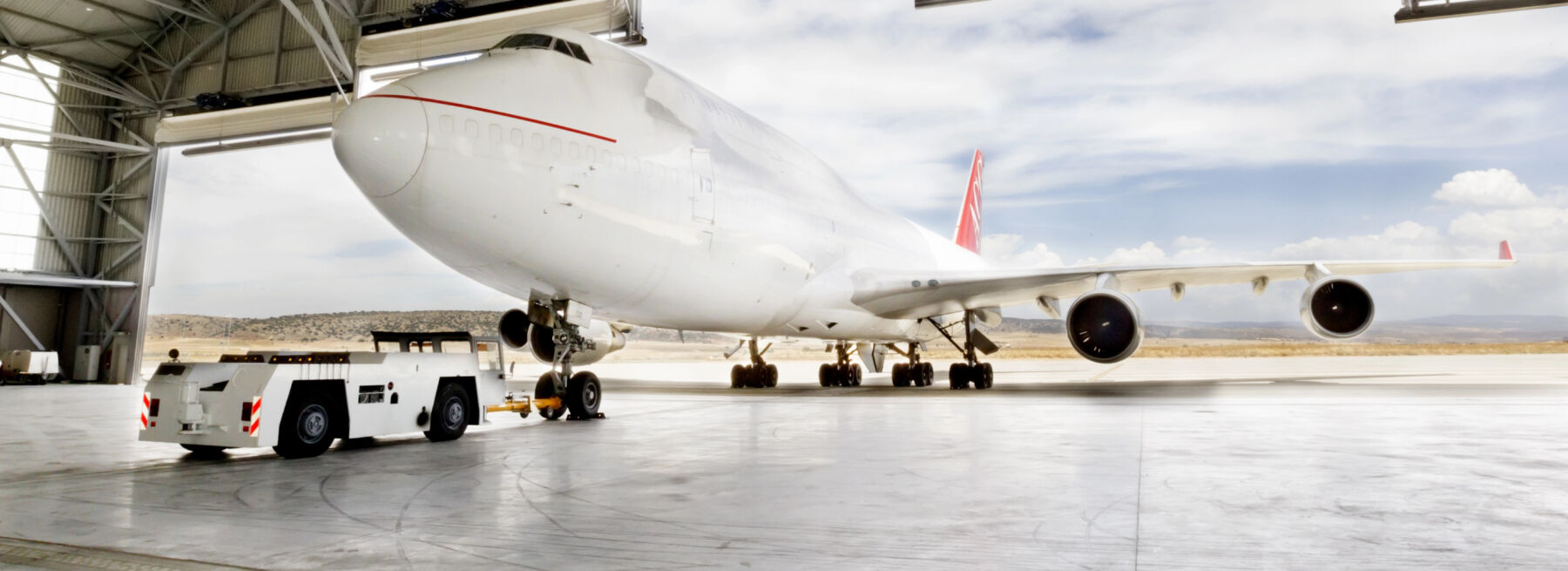Aircraft storage facilities have special security challenges because of the value of the contents and the catastrophic consequences if breached. They house everything from small private planes to commercial airliners and military aircraft, so they are a target for theft, vandalism, and even terrorism.
A few recent news stories illustrate the importance of aircraft storage facility security. A New Jersey man was arrested after allegedly stealing a plane from a hangar and crashing it into the Jersey Shore. Earlier this year, an Idaho man was arrested after stealing a plane from a Las Vegas hangar.
These incidents highlight the critical need for robust security measures at aircraft storage facilities. It calls for Industry experts to reevaluate and enhance their protection strategies.
The Importance of Perimeter Security
One of the main security risks for aircraft storage facilities is unauthorized access. Perimeter security is critical. Many perimeter security systems consist of a combination of physical barriers like fences and gates and electronic access control systems. These systems should restrict entry to authorized personnel only using methods like keycards, biometric scanners, or PIN codes.
Challenges in Inventory Management
Inventory management can be another challenge. With multiple aircraft and parts moving in and out of the facility, it’s important to keep accurate records and have strict check-in and check-out procedures. This will help prevent theft and ensure compliance with aviation regulations and maintenance schedules.
Addressing Environmental Hazards
Environmental hazards pose further risks to stored aircraft. Fire suppression systems, climate control and natural disasters like hurricanes or earthquakes must be considered in the overall security strategy. Regular inspections and maintenance of these systems are critical to ensure they work when you need them to.
Remote Video Monitoring: A Game-Changer for Aircraft Security
Remote video monitoring has changed the game for aircraft storage facilities with continuous, real-time monitoring that goes beyond traditional security. With live video monitoring, trained security operators watch high-definition camera feeds, so every inch of the facility, from hangars to perimeter fences can be watched.
This proactive approach allows for immediate detection of suspicious activity, such as unauthorized access or tampering with aircraft. Trained security professionals who are monitoring live cameras can alert on-site personnel or local authorities as needed
Integration and Advanced Analytics for Enhanced Security
With advanced features like video analytics, the system can automatically detect potential threats based on specific criteria such as movement in restricted areas or unusual behavior. These analytics can reduce false alarms by focusing attention only on real threats to help maintain high security without distractions.
In addition, remote video monitoring allows for the monitoring of multiple locations from one command center, making it perfect for organizations with large or multiple facilities. With this technology, aircraft storage facilities can enhance their security and help protect their assets while reducing the need for expensive on-site security personnel.
A Holistic Approach to Aircraft Storage Security
Securing aircraft is a multi-faceted approach to physical, environmental, and technical challenges, especially when dealing with retired aircraft that are no longer in service. Facility managers can reduce risks and protect valuable assets by implementing security measures like remote video monitoring. The accumulation of surplus aircraft in storage facilities highlights the need for robust security protocols to manage these assets.
Designated storage areas at various airparks and airports are where aircraft are stored temporarily or long-term. Security audits and staying up to date with threats and technology are key to maintaining a strong security stance in this critical sector of the aviation industry.
For more information about live video monitoring to help safeguard valuable assets, contact us.
Texas Private Security License Number: B14187
California Alarm Operator License Number: ACO7876
Florida Alarm System Contractor I License Number: EF20001598
Tennessee Alarm Contracting Company License Number: 2294
Virginia Private Security Services Business License Number: 11-19499
Alabama Electronic Security License # 002116
Canada TSBC License: LEL0200704

